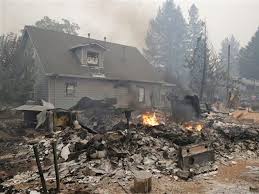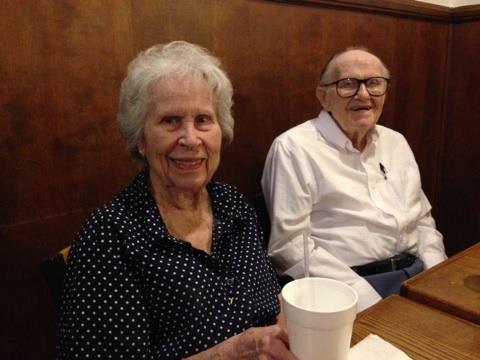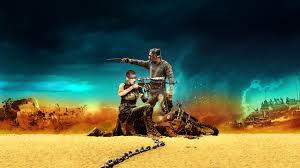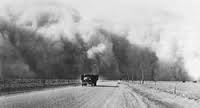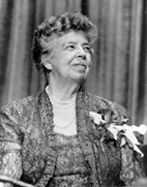February 11, 2007
Another year, another Academy Award. I hope that’s the case for Clint. I can call him Clint, you know. I’ve admired over four decades of Clint Eastwood’s work onscreen. We go all the way back to Rowdy Yates. Rawhide. Sun and sweat glinting off his tanned chest and shoulders. We have a history. Yeah, me and a few million others.
We’ve watched him grow from a young, B film, contract actor into a highly revered Hollywood director. At 76, he is still successful on both sides of the movie camera. In 2005, he swept away several major film awards for Million Dollar Baby. Now, he’s looking good for major kudos for his two releases about the World War II battle at Iwo Jima.
Eastwood’s two new films, Flags of Our Fathers and Letters from Iwo Jima, reflect the American and Japanese perspectives, respectively, of this battle; extraordinarily, both are nominated for major and minor Academy Awards, including Best Picture.
After recently seeing Letters, a viewer seated in front of me commented to her neighbor that there was “no central character to hang onto.” I thought to myself, “That’s right, this is not John Wayne’s Iwo Jima.” Then I actually rented Sands of Iwo Jima to recall how different the two versions were.
Other than the annoying multiple calls for his Marines to “Saddle up!” Wayne’s film was well done for the time – cinematically. Conceptually, it’s a different story. Appealing to its post-WWII audience, the film permeated strong anti-Japanese sentiment while arousing American patriotism.
One line from Sands stands out to me, especially in relation to Eastwood’s Japanese viewpoint of the battle in Letters. A Marine advises a young recruit to “Let the other guy die for his country – you live for yours.” Notably, Eastwood’s Japanese general countermanded other Japanese commanders’ sentences of honorable suicide to the troops as their hopes slimmed. Of course, this general had spent time in and was perhaps influenced by pre-war America. Letters from Iwo Jima is based on this real character’s letters found in the island’s caverns and told in Japanese as a foreign film.
The Americans greatly outnumbered and outgunned their enemy. Even the Japanese brass did not expect success; their soldiers were sent to die for the Emperor – perhaps to buy time. Clint Eastwood has explained in various articles that as he got into the two movies - Flags of Our Fathers and Letters from Iwo Jima, he realized that the 19-year-olds from both sides had the same fears. “They all wrote poignant letters home saying: ‘I don't want to die.’ They were all going through the same thing, despite the cultural differences.”
That’s what I appreciate about Clint. He’s willing to do what others have not or would not do. Showing our enemies as human and recognizing our similarities is not always a popular idea, especially now while our country is again at war.
Eastwood, a lifelong Republican, has admitted that both his Iwo Jima films could be viewed together “as an antiwar film. Whether it's about territory or religion, war is horrifyingly and depressingly archaic. But I didn't set out to make a war movie,” he insists.
His efforts highlight several individuals in each story. In Flags, his focus is on the three soldiers who felt awkward and unworthy of such staggering celebrity just for being in a particular war photo. Heroes? They believed the real heroes had died on the island.
"I feel terrible,” Eastwood said in a biographical piece on imdb.com, “for both sides in that war and in all wars. A lot of innocent people get sacrificed. It's not about winning or losing, but mostly about the interrupted lives of young people."
He effectively depicts the young soldiers from both sides, their comrades and families, and how life-changing such a war can be. Then, there are always those (also included in each film) who are caught up in the power trip and survival grip; they have become so desensitized, blinded to reason and stoked with nationalism that they lose their humanity.
Eastwood’s realism and desire for the genuine comes through. His stories are not romanticized, homogenized or sterilized; his characters are real people at all levels who share the glory – and the shame - of these situations.
In fact, the Motion Picture Association of America has announced its inaugural recipient of the Jack Valenti Humanitarian Award will be none other than Clint Eastwood. Referring to Clint’s 2006 films, the association said, “These films exemplify the true power of movies to tell human stories and inspire national conversation.”
Keep it up, Clint!
Saturday, February 24, 2007
Subscribe to:
Posts (Atom)

